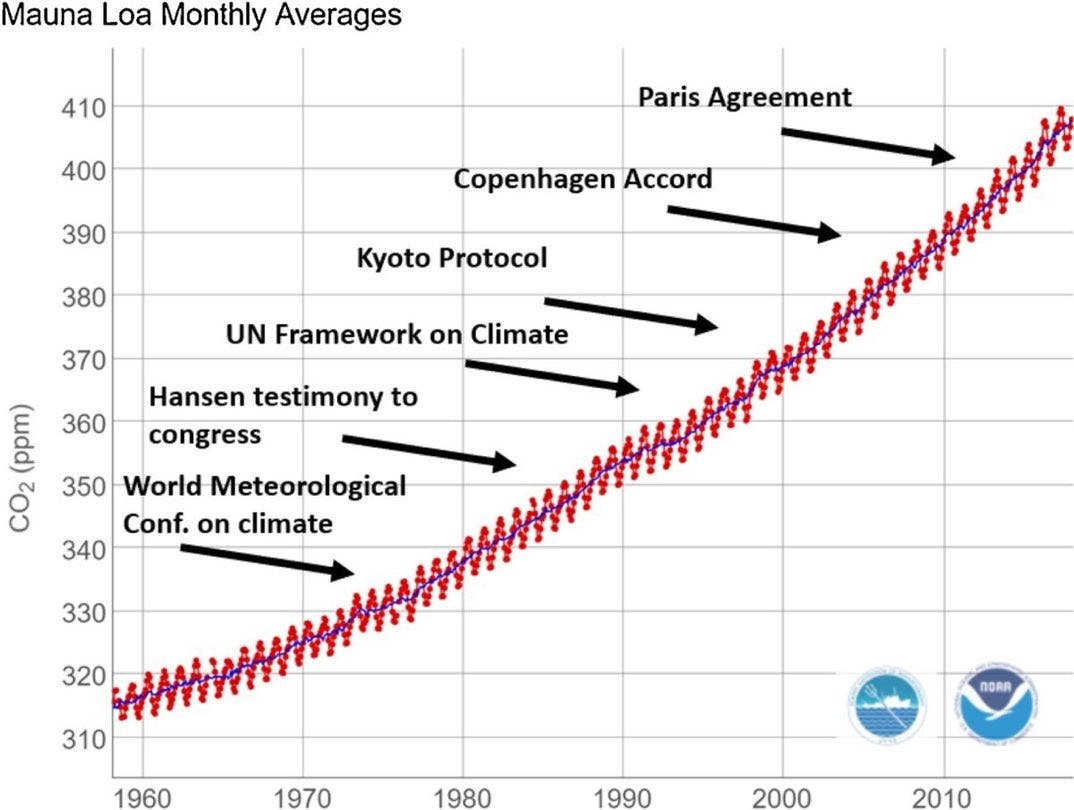| Yesterday, my boss’s boss’s boss’s boss asked me whether humanity was screwed. He pointed to the poor prospects for ambitious climate policy with a Republican Senate; various international factors, including the disastrous deforestation of the Amazon under Jair Bolsonaro; and the increasingly short time frame scientists think we have in order to make big, necessary changes.
A lot of people are wondering right now whether we’re screwed. It’s one of the reasons Apocalypse Soon started its series of personal essays on climate anxiety, which you’ll be reading more of in the coming weeks: Living day to day, not to mention continuing to fight for the planet we call home, can be tough amid the urgent, overwhelming reality of climate change—and society’s failure to address the crisis. It’s interesting to see how different people who’ve thought deeply about this problem, or who work on climate change daily, have resolved this tension in their own lives. | Advertising  | | |
It’s a lot to resolve. A few weeks ago, climate journalist David Wallace-Wells tweeted a chart that showed global carbon emissions continuing upward—past the moment in the 1980s when Congress was first briefed extensively on climate change, past the Kyoto Protocol, past the Paris Agreement. “A depressing perspective on the history of climate action,” he wrote. 
As Emily Atkin, the author of the “HEATED” newsletter, commented, “This is why I’m always gonna be very tough on climate folks in the Biden administration. I don’t care how experienced, how passionate, how good of a person you are. I want to know how are you going to change this.”
If last week’s newsletter was about the problem with “breezy technocratic optimism,” this week’s newsletter is about the problem with letting pessimism turn into defeatism—a dangerous mindset, in which, research suggests, people become more likely to favor short-term thinking rather than the long-term thinking needed to stave off further warming.
A number of people have written persuasively on this topic. As they’ve all pointed out, yes, we are now locked into some amount of global warming. “But every fraction of a degree of additional heating matters,” Eliza Barclay and Jag Bhalla wrote at Vox last year. “And that means every iota of greenhouse gas we choose to put into the atmosphere adds to the legacy of burdens we choose to impose on future humans and other species.”
The question is less whether things look bad right now and more whether, with the will, we could still mitigate the worst parts of the future. And the answer to that second question is yes.
In November, analysis from Climate Action Tracker suggested that, if President-elect Joe Biden executes the climate plan he promised in his campaign, the world might be “within striking distance” of meeting the Paris goal of limiting warming to 1.5 degrees Celsius (2.7 degrees Fahrenheit). That’s one of the more optimistic analyses, and it also would depend on the Biden administration being able to execute its plan swiftly without too much opposition—something far from guaranteed.
But as novelist Lydia Millet wrote at TNR on Monday, there’s still a lot Biden could do, even without the Senate. Declaring a climate emergency could unlock executive powers to reappropriate funds to energy transition. This is less extreme than some might think, given that every president has declared at least two since the passage of the National Emergencies Act in 1976, for a total of 69 emergency declarations—and has there ever been a greater emergency than the climate crisis? But even without such a declaration, Biden has the power to halt land leases for fossil fuel extraction, tighten EPA standards, and more. The question isn’t whether there’s a way forward but whether there’s the will for it. —Heather Souvaine Horn, deputy editor |










